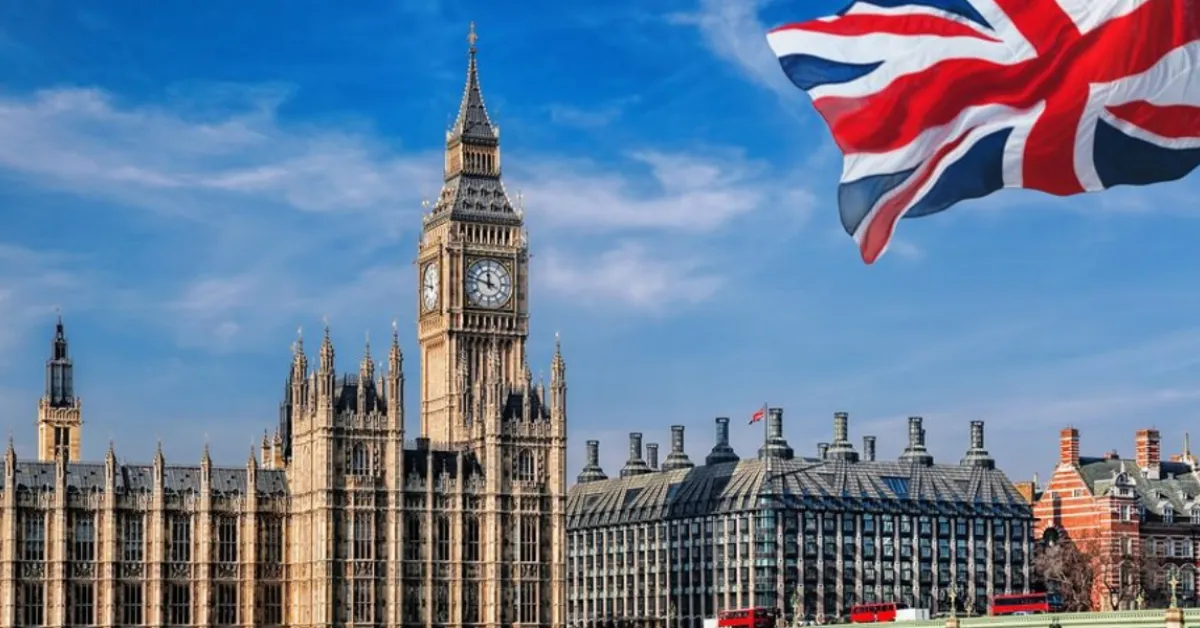10 Key UK Immigration Changes in 2025 That Could Impact Your Visa

The UK government is set to implement a comprehensive overhaul of its immigration policies, aiming to significantly reduce net migration levels following a peak of 906,000 in 2023.
Home Secretary Yvette Cooper is scheduled to release a detailed white paper on Monday outlining the extensive reforms, which target visa misuse, prioritize domestic workforce investment, and bolster enforcement mechanisms across the immigration system. One of the most immediate changes proposed is the accelerated deportation of foreign nationals convicted of crimes. The new policy broadens the scope for deportation by removing previous sentencing thresholds that limited such actions to individuals receiving prison sentences exceeding one year.
The Home Office will now receive alerts for all foreign criminal convictions, empowering officials to revoke visas and prevent repeat offenders from re-entering the UK. This measure directly addresses perceived weaknesses in the current system for returning foreign criminals, as highlighted by Cooper, and seeks to enhance public safety. A particularly contentious reform is the discontinuation of the overseas care worker visa route.
This decision signals a strategic shift towards prioritizing the recruitment and training of domestic workers within the care sector. Government officials argue that reducing reliance on foreign labor will incentivize greater investment in UK-based workforce development. By prioritizing high-skilled migration, the government aims to reshape the care industry’s employment model, prompting care facilities to expand their training programs and bolster staffing through local recruitment initiatives.
Further tightening the immigration system, the government plans to impose stricter standards for obtaining skilled worker visas. Proposed changes may include raising qualification benchmarks, such as requiring a graduate-level degree or higher salary thresholds to qualify. Visa eligibility will also align more closely with the UK’s industrial strategy, limiting access to lower-tier roles and reinforcing workforce stability in sectors critical to economic growth. The Labour Market Evidence Group (LMEG) will play a key role in advising on visa regulations, ensuring that they are responsive to the evolving needs of the UK economy.
In conjunction with stricter visa requirements, industries heavily reliant on foreign labor will face new obligations to invest in domestic apprenticeship programs and workforce training schemes before seeking overseas hires. This policy aims to reduce dependence on foreign workers and enhance skills development among UK citizens, particularly in sectors such as technology, telecommunications, and engineering. Employers will be required to demonstrate a commitment to nurturing local talent, thereby fostering long-term workforce sustainability.
The government is also targeting visa abuse by implementing stricter scrutiny of applications from nationalities with historically high rates of overstaying. These reforms may introduce more stringent financial requirements, including detailed bank statement reviews and limitations on public housing access for migrants. Countries such as Pakistan, Nigeria, and Sri Lanka are expected to be under closer assessment due to previous trends in visa overstays. This measure aims to deter individuals from overstaying their visas and ensure compliance with immigration regulations.
Significant changes are also proposed for permanent residency rules, potentially extending the required duration for Indefinite Leave to Remain (ILR) from five years to ten years. This policy shift is likely to delay naturalization timelines, creating new hurdles for those seeking UK citizenship. The impact of this change will be felt across multiple visa categories, affecting individuals who have been residing and working in the UK for extended periods.
Furthermore, the forthcoming immigration reforms will introduce more stringent English language proficiency requirements for visa applicants. Individuals pursuing work visas may be required to demonstrate an A-level standard of English to ensure greater workforce integration. Fluency in complex discussions and professional communication will be a determining factor for eligibility, affecting students transitioning from study visas to employment pathways.
The UK courts’ interpretation of Article 8 of the European Convention on Human Rights (ECHR), which protects the right to a family life, will be reassessed. The government argues that the provision has been exploited to block deportations, particularly in cases involving foreign nationals with criminal backgrounds. The revised framework aims to curb misuse while maintaining compliance with international law. One notable case that influenced the review involved an Albanian criminal who successfully avoided deportation by citing his son’s dietary needs. This review seeks to strike a balance between upholding human rights and enforcing immigration laws.
Access to work visas for lower-tier jobs will be restricted and granted only on a temporary basis when critical shortages threaten economic stability. The Labour Market Evidence Group (LMEG) will assess workforce demands and guide decisions on labor market adjustments. Officials hope this measure will encourage businesses to invest in long-term workforce development rather than seeking short-term solutions through migrant labor.
The government is also exploring potential changes to the graduate visa program, which currently grants international students a two-year post-study work period. While the upcoming white paper does not formally declare reforms to the scheme, Labour has signaled its intention to cut migration figures by limiting access to this visa category. Students planning to remain in the UK after completing their studies may face stricter eligibility conditions, affecting thousands of graduates annually.
This potential change has raised concerns within the education sector, with universities warning that it could deter talented international students from choosing to study in the UK. Labour’s proposed immigration crackdown marks a defining moment for UK migration policy. The comprehensive reforms aim to address concerns surrounding visa misuse, promote domestic skills investment, and curb overall migration levels.
While government officials argue that the changes will strengthen economic stability and workforce readiness, critics warn that sectors such as care and technology could experience labor shortages. As policymakers move forward with implementation, businesses, workers, and prospective migrants must navigate new requirements and prepare for the evolving landscape of UK immigration.














Add new comment